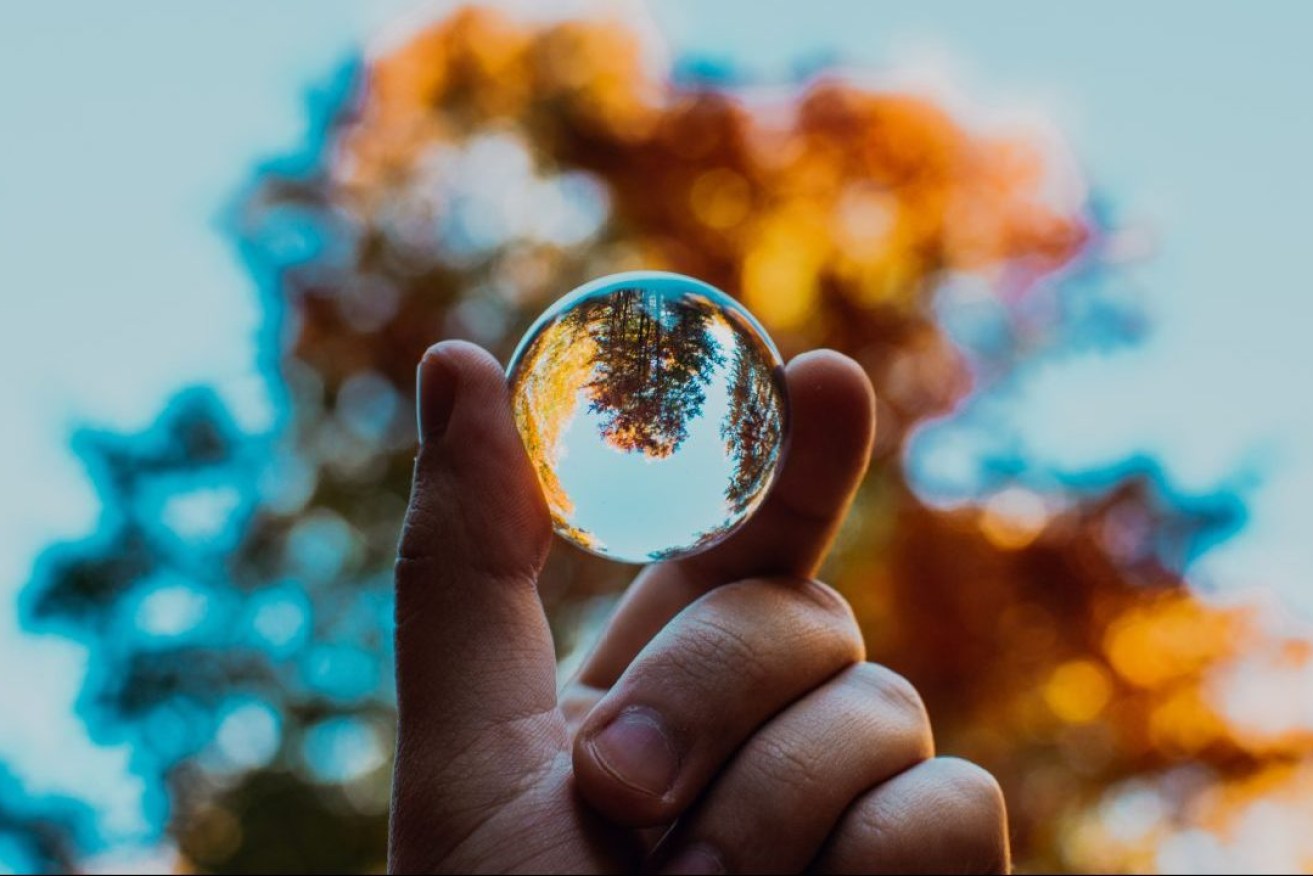Bright spot in search for more sustainable batteries
Sparc Technologies and Queensland University of Technology move closer to increasing the capacity of sodium-ion batteries and delivering a better alternative to lithium-ion.

The 2024 South Australian Business Index will be revealed on 20 October. Photo: Nagy Arnold/Unsplash
Adelaide-based Sparc Technologies has seen promising results from tests, conducted with Queensland University of Technology (QUT), on sodium-ion batteries (SIBs) featuring hard carbon anodes made from bio-waste.
Sparc’s website notes that finding an alternative is important both from an environmental perspective and in terms of sovereign capability, with “China being the world’s predominant supplier of hard carbon materials”.
Currently, graphite and synthetic carbon are widely used for anodes, the latter derived from fossil fuels.
The company, which ranked 76 on last year’s South Australian Business Index, is focused on research and development into new technologies, such as coatings, composites and green hydrogen, with partners including Fortescue Future Industries.
Executive chairman Stephen Hunt said Sparc was “extremely pleased” with the test results.
“The feedstock and process is demonstrating high capacity anode material which, subject to further testing and results, holds the potential to improve the energy density and carbon footprint of sodium-ion batteries,” Hunt said.
Hard carbon anodes play a crucial role in energy storage, storing and releasing the ions during the charge and discharge cycles. Unlike anodes made from graphite, which has a well-ordered crystalline structure, their disordered structure enables them to store significantly more ions.
Improving anode capacity is considered important for increasing the overall energy density of SIBs, which lags behind that of lithium-ion batteries.

Doing so would encourage widespread uptake of the batteries, particularly for electric vehicles. Some Chinese car makers currently use the technology and are selling those vehicles in their domestic market, with the trade-off for a shorter driving range being greater affordability.
Other advantages of SIBs versus lithium-ion batteries include safety and ease of transport, greater operating temperature range (-40°C to 60°C vs -25° to 40°C), lower cost and greater availability of raw materials.
While lithium is currently integral to decarbonisation, its mining is both energy and water intensive. Hence, the quest for replacement technologies.
“Sparc continues to see momentum building behind sodium-ion batteries as an alternative battery chemistry, driven by raw material availability and cost, and we remain well positioned as one of the only ASX listed companies actively targeting this growing field,” Hunt said.
The South Australian Business Index is the definitive ranking of the state’s top 100 companies. This year’s inclusions will be announced at the lunch on Friday, October 20 at Adelaide Convention Centre.




